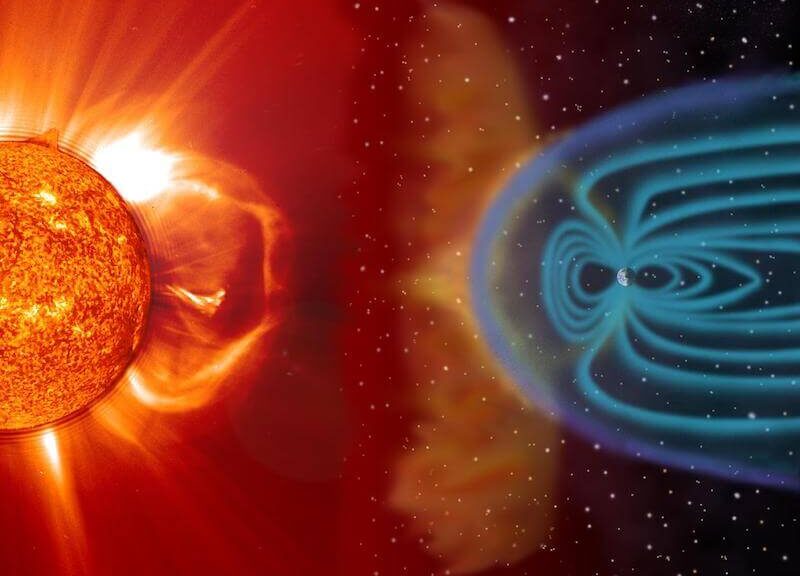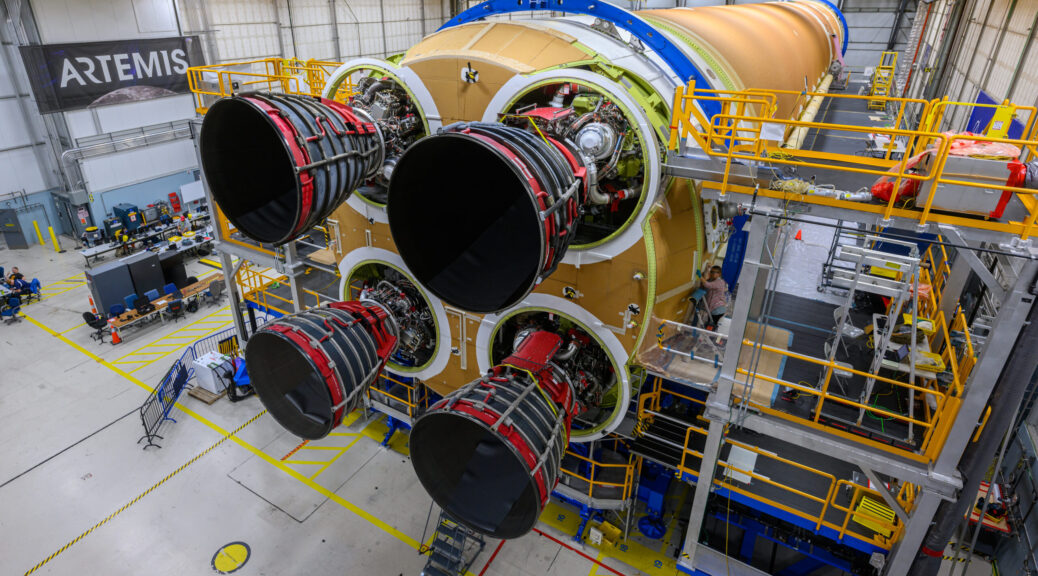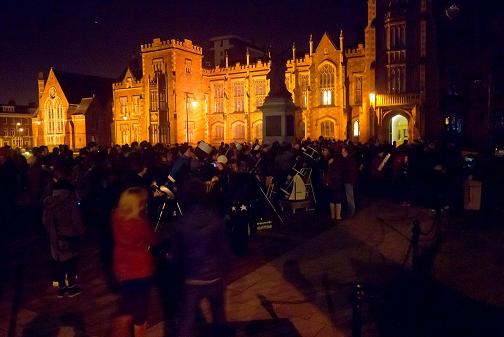Synopsis: Space weather is a very complex field, involving many different subject areas, that as a community we are still working to grasp. This talk will discuss what some current points of concern are, and the science and missions being directed at them.
Biography: Elizabeth Butler grew up in Minneapolis, Minnesota, hating physics. She wanted to write novels about dragons instead. Something shifted in high school – enough that she graduated from Northern Michigan University with a double bachelors in physics and writing.
After taking a gap year to drive mowers and utility carts around 32 miles of hiking trails while composing poetry in her head, she was accepted as a graduate student by the Astrophysical and Planetary Sciences Department of the University of Colorado in Boulder. There, she fell in love with planetariums, solar physics, and the developing field of space weather, and later used all three to become a Fellow in the National Science Foundation’s Graduate Research program.
After weathering two wildfire evacuation notices, a mass shooting, and a global pandemic, she graduated with her PhD in 2022, defending a dissertation that was two thirds solar flare physics and one third human subjects work on bridging the space weather research and forecasting communities.
She then accepted the opportunity to move across the pond to work at Queen’s Astrophysics Research Centre, where she has only received one of the seven visits threatened by friends and family. “





